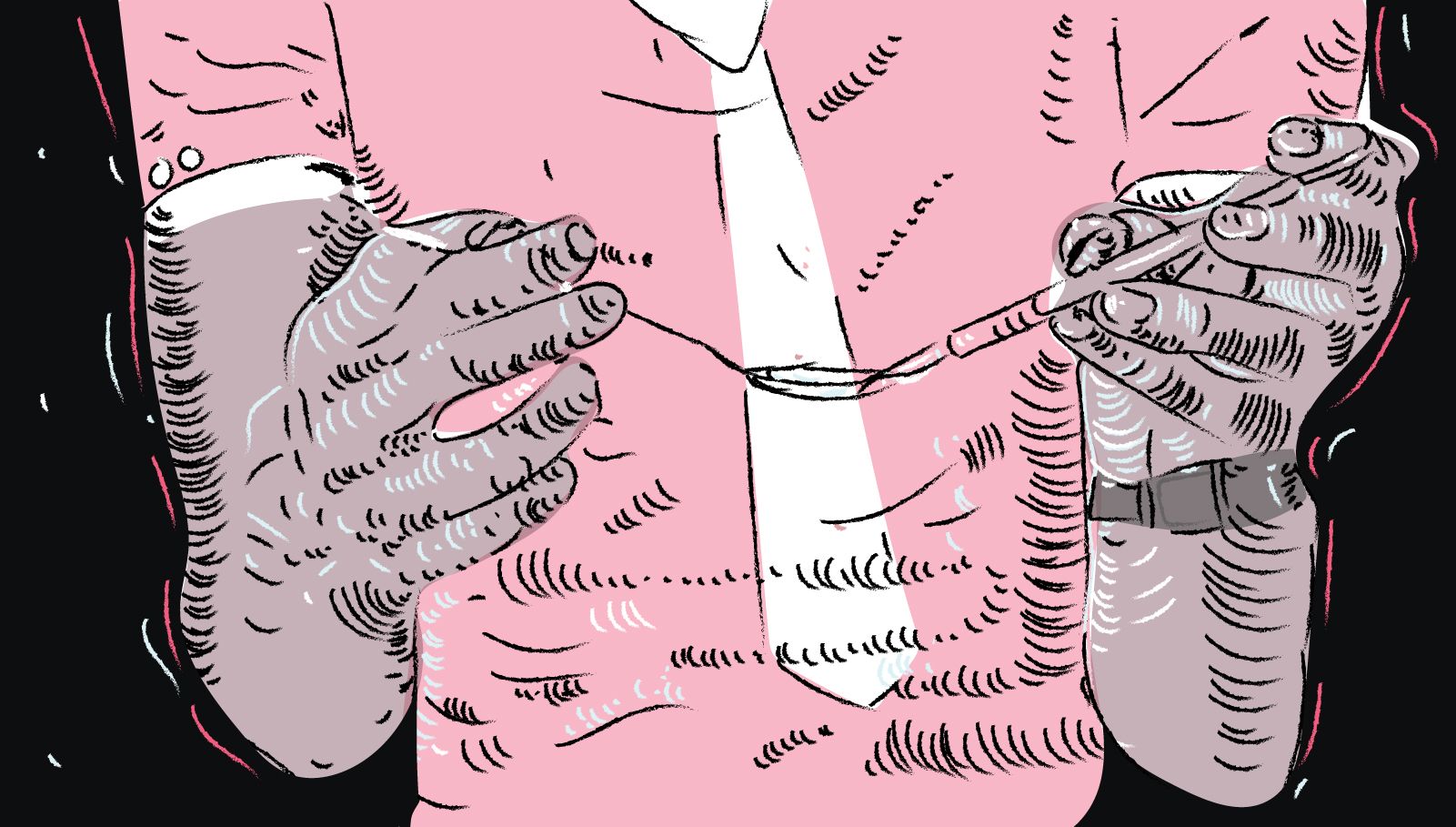A chronic illness that affects millions of individuals globally is drug addiction. It is characterized by obsessive substance usage and seeking out despite harmful effects. While the immediate effects of drug addiction are well known, the long-term effects of drug addiction can be just as severe, if not more so.
One of the most significant long-term effects of drug addiction is the damage it can cause to an individual’s physical health. Chronic drug use can lead to a variety of health problems, including liver and kidney damage, heart disease, lung damage, and an increased risk of infectious diseases such as HIV and hepatitis. These health problems can be severe and can lead to disability or even death.
Drug addiction can also have a profound impact on an individual’s mental health. Long-term drug use can lead to depression, anxiety, and cognitive impairment. These mental health issues can be difficult to treat and can have a significant impact on an individual’s ability to function in their daily life.
Social effects of drug addiction:
The social effects of drug addiction can be equally devastating. Individuals struggling with drug addiction often lose their jobs, their homes, and their relationships. There are many rehab centres like treatment centre UK that are working on giving up drugs. They may also experience financial problems and legal troubles. These social problems can make it difficult for individuals to get the help they need and can lead to a cycle of poverty, unemployment, and homelessness.
Drug addiction can also lead to changes in an individual’s behaviour. Individuals struggling with drug addiction may become secretive, dishonest, and even violent. They may also engage in risky behaviours, such as driving under the influence, which can put themselves and others in danger.
Risk of overdose:
One of the most dangerous and deadly long-term effects of drug addiction is the increased risk of overdose. Overdose can occur when an individual uses too much of a drug or when they use a drug that is too potent. Overdose can be fatal and can happen to anyone, regardless of their level of tolerance.
It’s worth mentioning that addiction is a chronic disease, meaning it can be managed but not cured. Therefore, the long-term effects of drug addiction can be mitigated with proper treatment and support. The key to treating drug addiction is to get the individual into a treatment program as soon as possible. Treatment programs can include a variety of therapies, such as counselling, medication-assisted treatment, and behavioural therapy.
Conclusion:
In conclusion, drug addiction is a chronic disease that can have a profound impact on an individual’s physical, mental, and social well-being. The long-term effects of drug addiction can be severe and can lead to health problems, mental health issues, social problems, and even death. However, with proper treatment and support, individuals struggling with drug addiction can manage their addiction and improve their overall quality of life. It is important to seek professional help if you or a loved one is struggling with drug addiction.
